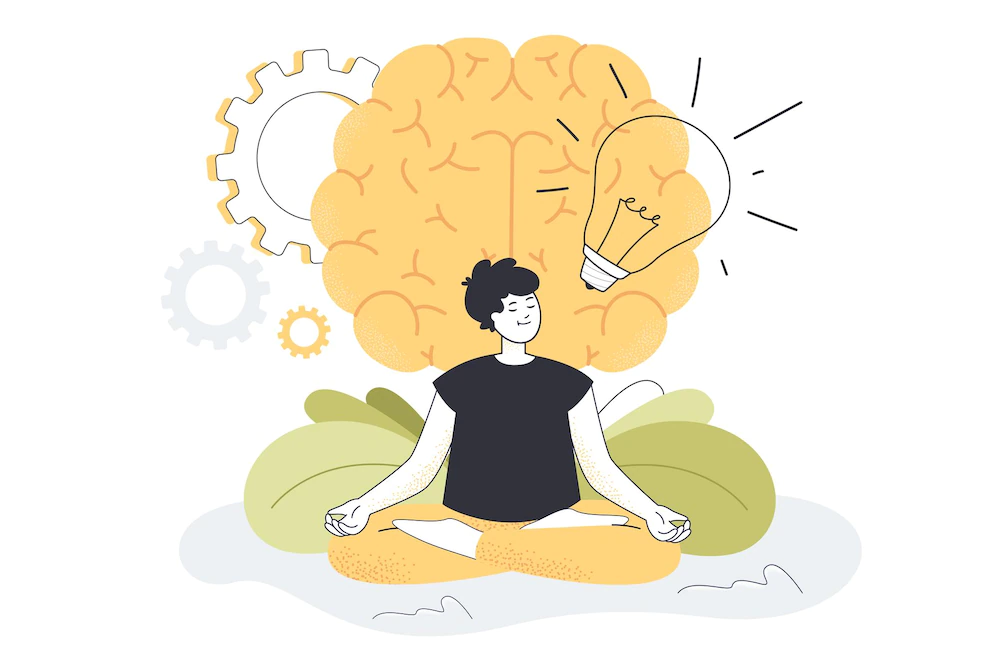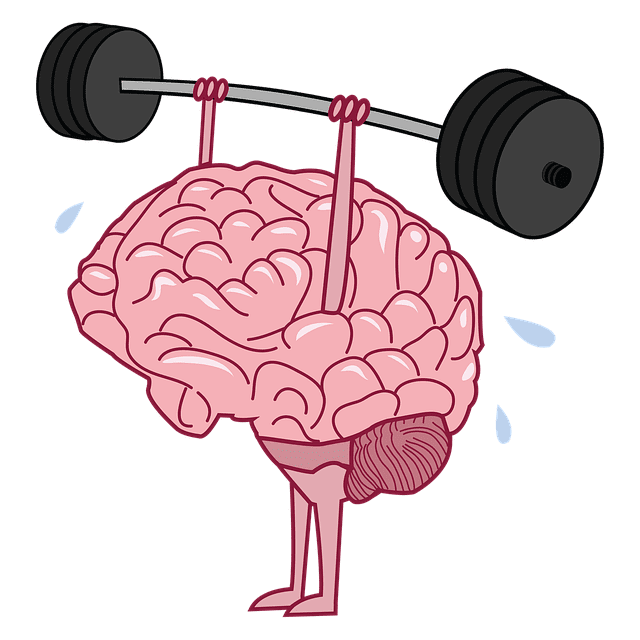The brain holds thoughts, intelligence, and creativity, so it is the most vital organ in humans. One would say it gets enough exercise from processing emotions and interpreting incoming sensory information. Still, it could use some of the best brain exercises to boost its function and connectivity to keep age-related issues at bay.
Mental exercises do not have to be complex. You can start by observing your surroundings and then allowing yourself to remember. This passive part doesn’t require special abilities since you simply call on the gray matter to do what it’s designed to do: recall.
What is Human Memory?
It is the ability of your mind to acquire, retain, and later retrieve the information we get into our heads in a day or life. The three processes involved here are encoding storage, and retrieval, which sometimes determine one’s well-being.
There are different types of memory: short-term that lasts seconds or minutes, long-term that we carry for a long time, and working memory that we work in to the system by repeating something over and over again. You can also categorize it based on how you acquired it. Declarative or explicit memory is consciously acquired and classified as facts, such as the number of cards in a deck. Nondeclarative or implicit memory is in things you do unconsciously, such as riding a bike. You are unlikely to forget even when you do not actively try to think of it. Memory exercises are ideal at all stages and ages, so it helps to engage in brain exercises to improve memory.
Here are tips to prevent memory loss and brain exercises to improve your memory.
Build your Vocabulary
An advanced vocabulary makes you sound smart, but knowing how to use unfamiliar words is even more important. You could sound like you are trying too hard if you use too many uncommon words together, so you may want to have fun finding out how to incorporate a new word. Find new and exciting words the same way you want to check websites that help you write essays when you use apps designed for this purpose. You could also try writing down these words and phrases, checking their meaning, and writing them in sentences to see how you could incorporate them. This effectively shows you how to improve focus and memory while sounding smarter.
To build up your vocabulary, start carrying a notebook – or noting down new words on your phone whenever you read or watch a movie. Find their meaning, then add them to your lingo and boost brain function.
Fun Activities to Develop your Brain Health
Fun releases some dopamine in the system as they are associated with rewards. That good feeling improves one’s mood and makes you happy, but it does something else too: makes you think outside the box. It reduces stress levels too and forms an effective way of exercising your brain. Everyday actions require some cognitive skills, so you could become more creative and a better thinker simply for engaging in fun. So, play more for better brainpower as it is one of the most effective memory exercises available. Even games playing cards and playing card games such as Hearts could work ideally against cognitive decline. Crossword puzzles and jigsaw puzzles are easy but great ideas that increase your focus.

Teach Someone a New Skill
One of the ways to gain multiple cognitive abilities is by teaching what you know to someone else, also known as the Protégé Effect. To teach something, you will need a deep understanding of it, which means you will need to immerse yourself deeper in it, and this will boost memory as you want to remember your lessons when you transfer knowledge. As you explain what you know to another, they may ask questions that will challenge you to do better research, teaching you more to enhance memory of the topic. Teaching is one of the best-known memory exercises to date.
Meditate
Most of us know that meditation can calm the brain and reduce anxiety, but did you know it could make you better? A 2012 meditation study showed those who meditate have more folds in the brain’s outer layer that helps in processing speed – in a process called gyrification. It also helped boost their memory compared to those who did not meditate.
Meditation could help slow down the effects of aging on the brain.
There are several healthy processes of meditation, but they all show these four elements to be vital: a quiet place, a relaxed position (could be sitting, standing, walking, or even lying down), set attention at one spot, or select words, and an open attitude.
Fun fact: You don’t need to be at it for several minutes to stimulate calm and unlock cognitive benefits and cognitive function. Five minutes of quiet will bring about some of the positives you need. Also, practice makes progress, so don’t fret about not quieting yourself after only a few sessions.
Understand a New Skill
Learning thinking skills is fun as it gives one new purpose, but even better is that it helps older adults’ state. When studying an easy task that gets progressively complex over time, study subjects are improving their long-term thoughts. It doesn’t have to involve academic things: you could learn a new woodwork project or karate that starts easy and gets increasingly challenging to activate things.
New Language
Research has shown that bilingual people have better memory, more advanced visual-spatial processing, and are more creative. It can also help you switch to tasks more fluidly and delay the onset of age-related deterioration. It is never too late to start a new language as students’ mental health improves regardless of their ages. Thanks to online free tools such as Duo Lingo, anyone can get any language they want in the comfort of their homes. You do not have to go to Harvard medical school as simple brain exercises will do perfectly.
Visualizing More
Say you’re planning a shopping trip to the mall. Imagine going from store to store, getting the items you need, checking out, heading to the food court for a meal, then heading back home. If you have been to the mall before, you know where the stores are and can vividly visualize the entire trip, which will improve your concentration. Visualization has been seen to improve the cognitive quality of a shopper’s decisions, effectively saving time and reducing impulse buying. If you visualize a meeting before it happens, you are likely to be less anxious and even boost your mental preparedness when it happens.
Conclusion
The mind is flexible, so we should not be afraid to flex its muscles as often as we need. Even more in old age, where cognitive impairment starts, we should do more brain exercises that activate its full potential. If you get out of your way, you only need a few minutes for brain training games – and more – cognitive training to see improvements in cognition, alertness, creativity, and memory enhancement. While planning to improve brain function, it also helps to incorporate regular physical exercise to the body’s advantage as this delivers a complete package.
Featured Image by simisi1 from Pixabay




